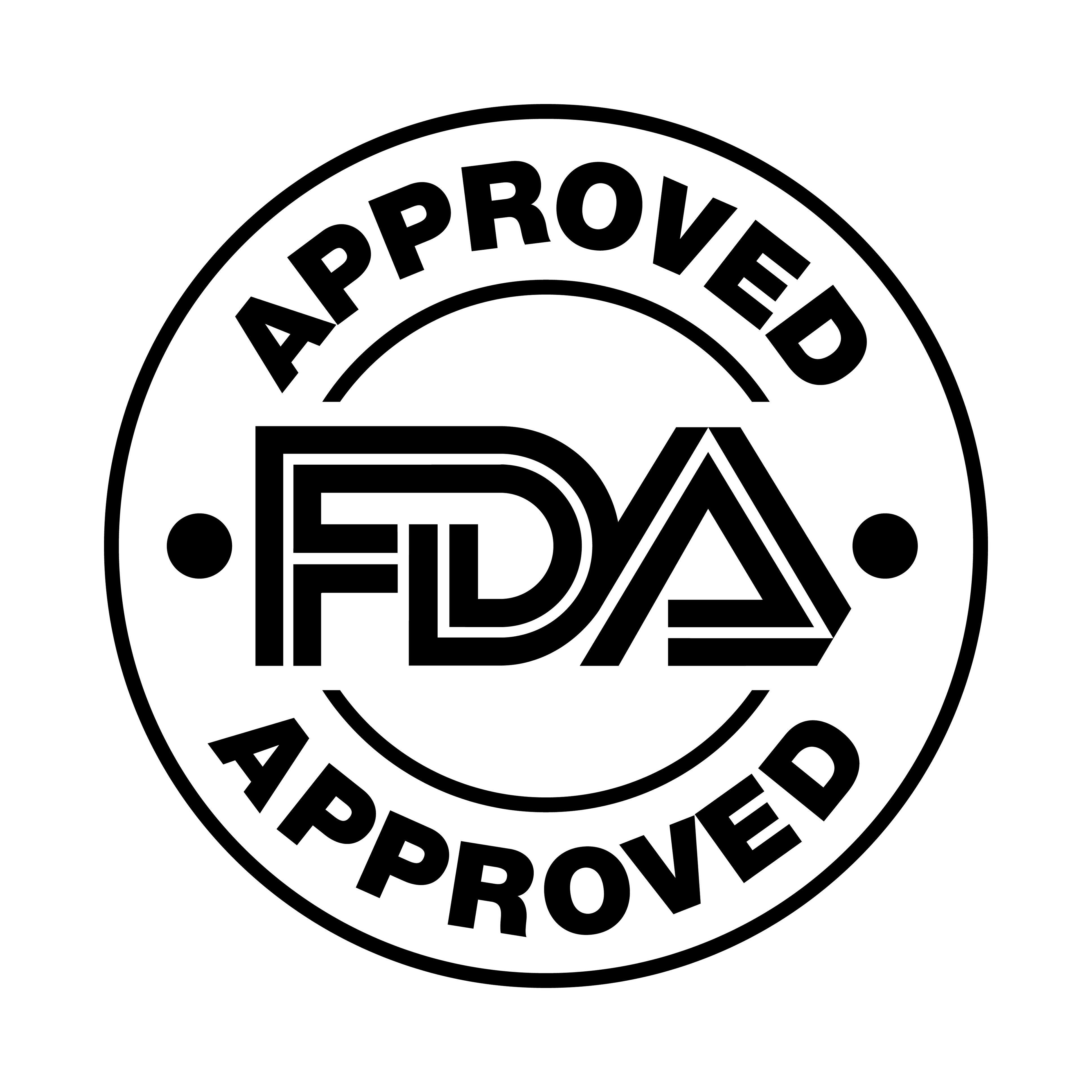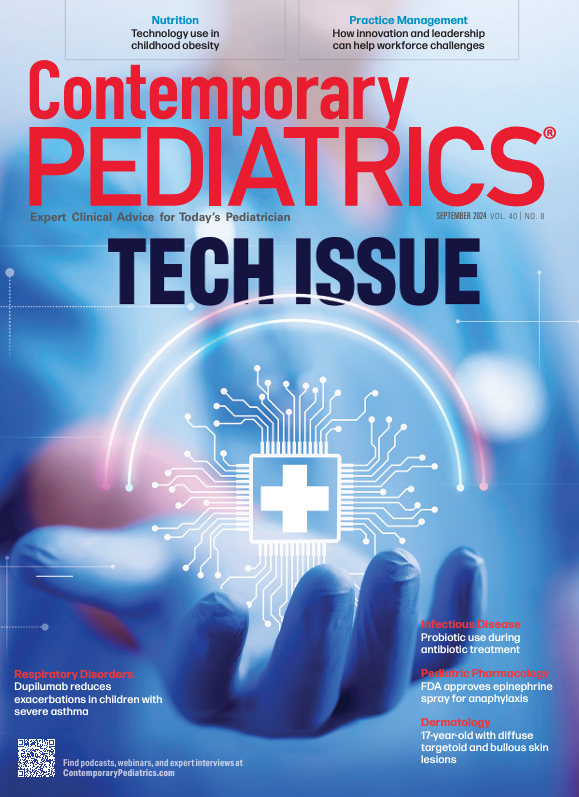FDA approves neffy as first nasal spray to treat anaphylaxis
The approval is indicated for adult and pediatric patients who weight at least 66 pounds (30 kilograms).
FDA approves neffy as first nasal spray to treat anaphylaxis | Image Credit: © Calin - © Calin - stock.adobe.com.

FDA approval
Epinephrine nasal spray (neffy; ARS Pharmaceuticals) has been approved by the FDA for the treatment type 1 of allergic reactions, including anaphylaxis, in adult and pediatric patients who weight at least 66 pounds (30 kilograms) according to a press release from the federal agency.1
Approval is based on comparable epinephrine blood concentration data following administration of neffy or approved epinephrine injection products demonstrated in 4 studies comprising 175 healthy adults without anaphylaxis. Similar increases in blood pressure and heart rate were observed for neffy, compared to injection products, a pair of critical epinephrine effects when treating anaphylaxis.1
Anaphylaxis is life-threatening and some people, particularly children, may delay or avoid treatment due to fear of injections," said Kelly Stone, MD, PhD, associate director, Division of Pulmonology, Allergy and Critical Care, Center for Drug Evaluation and Research, FDA, in a statement.1
“The availability of epinephrine nasal spray may reduce barriers to rapid treatment of anaphylaxis. As a result, neffy provides an important treatment option and addresses an unmet need," said Stone.1
The approval comes nearly a year after a Complete Response Letter (CRL) was issued by the FDA on September 19, 2023, requesting the completion of a pharmacokinetic/pharmacodynamic study to assess repeat doses of neffy compared to repeat doses of an epinephrine injector.2
In May 2023, the FDA's Pulmonary-Allergy Drug Advisory Committee (PADAC) voted in support of a favorable benefit-risk profile for neffy in May 2023. The PADAC voted 16 to 6 in favor for adults and 17 to 5 in favor for children under 18 years weighing over 66 lbs.2
"We know that a lot of patients are reluctant to either inject themselves or inject their children with epinephrine because of needle phobia," said Thomas Casale, MD, professor of medicine, chief of Clinical and Translational Research, Allergy and Immunology, University of South Florida, in a previous interview with Contemporary Pediatrics. "Having alternatives is very important."3
Oral food challenge
Neffy was evaluated for safety and efficacy in a phase 3 study that included 15 children and adolescents aged 6 to 17 years in Japan who developed anaphylactic symptoms after oral food challenge (OFC).3
Neffy was dosed when patients demonstrated respiratory, gastrointestinal, or circulatory symptoms that were grade 2 or higher, per the Severity Classification of Organ Symptoms by the Japanese Society of Allergology Anaphylaxis Guidelines 2022.3
"What we saw is that patients had a resolution of symptoms, rapidly," said Casale. "The time course of the resolution was very similar to what we would typically see with injectable epinephrine."3
Pharmacokinetic profile compared to injection
In response to the CRL, ARS reported topline data for repeat doses of neffy compared to repeat doses of epinephrine intramuscular (IM) injections with and without nasal allergen challenge (NAC). In a previous Q+A interview published on Contemporary Pediatrics in Feburary 2024, Sarina Tanimoto, MD, MBA, chief medical officer, ARS Pharma, broke down the study design and highlighted results:4,5
Sarina Tanimoto, MD, MBA:5
"EPI 10 included a total of 80 doses of neffy. Twelve [individuals] with body weight 15-30 kg received 0.65 mg neffy and 21 [individuals] with body weight 15-30 kg received 1 mg neffy. In the higher weight group of 30 kg or greater, 26 subjects received a 1 mg dose of neffy and 21 subjects received a 2 mg dose of neffy.
The data presented in this poster from the study included a total of 42 pediatric [individuals] that received the commercial doses of neffy which will be 1 mg for children 15 to <30 kg and 2 mg for children 30 kg or greater.
Half the [individuals] (n = 21) were 15-30 kg in weight, while the other half (n = 21) were 30kg+ in weight. Age range of subjects in the study is 4 to 17 years.
Separately from this EPI-10 study, to compare these data to injection, integrated PK analyses, including pharmacological base absorption model (PBAM) and a population pharmacokinetics assessments (POP PK) model were also used to extrapolate results from 0.3 mg IM injection and 0.3 mg EpiPen in our adult studies to pediatric subjects. These analyses demonstrated that neffy achieved exposures in pediatrics that are comparable to or slightly greater than that observed with injection in adults."5
Click here for the full Q+A interview.
“Until today, patients with severe allergic reactions, including anaphylaxis, only had one treatment option – an often painful and anxiety-inducing needle injection of epinephrine," Casale said regarding the FDA's decision. "In some cases, patients would delay or not administer the life-saving treatment at the onset of symptoms, increasing the risk for a severe reaction or negative outcomes requiring additional emergency medical treatment. [This approval] means that patients with severe allergies finally gain a long-awaited, needle-free, easy-to-carry epinephrine delivery method that has the potential to reduce time to administration, which can lead to better clinical outcomes and improvements in quality of life for patients and their caregivers.”6
References:
1. FDA approves first nasal spray for treatment of anaphylaxis. FDA. Press release. August 9, 2024. Accessed August 9, 2024. https://www.fda.gov/news-events/press-announcements/fda-approves-first-nasal-spray-treatment-anaphylaxis
2. Fitch, J. FDA issues CRL for neffy nasal spray to treat allergic reactions, requests more research. Contemporary Pediatrics. September 20, 2023. Accessed August 9, 2024. https://www.contemporarypediatrics.com/view/fda-rejects-approval-of-neffy-nasal-spray-for-allergic-reactions-requests-more-research
3. Fitch, J. Neffy for patients with anaphylactic symptoms after oral food challenge. Contemporary Pediatrics. February 23, 2024. Accessed August 9, 2024. https://www.contemporarypediatrics.com/view/neffy-for-patients-with-anaphylactic-symptoms-after-oral-food-challenge
4. Fitch, J. Neffy epinephrine nasal spray demonstrates positive data in repeat dosing study. Contemporary Pediatrics. February 21, 2024. Accessed August 9, 2024. https://www.contemporarypediatrics.com/view/neffy-epinephrine-nasal-spray-demonstrates-positive-data-repeat-dosing-study
5. Fitch, J. Neffy pharmacokinetic profiles compared to epinephrine injections. Contemporary Pediatrics. February 23, 2024. Accessed August 9, 2024. https://www.contemporarypediatrics.com/view/neffy-pharmacokinetic-profiles-compared-to-epinephrine-injections
6. ARS Pharmaceuticals Receives FDA Approval of neffy® (epinephrine nasal spray), the First and Only Needle-Free Treatment for Type I Allergic Reactions, Including Anaphylaxis. ARS Pharmaceuticals. Press release. August 9, 2024. Accessed August 9, 2024. https://ir.ars-pharma.com/news-releases/news-release-details/ars-pharmaceuticals-receives-fda-approval-neffyr-epinephrine
